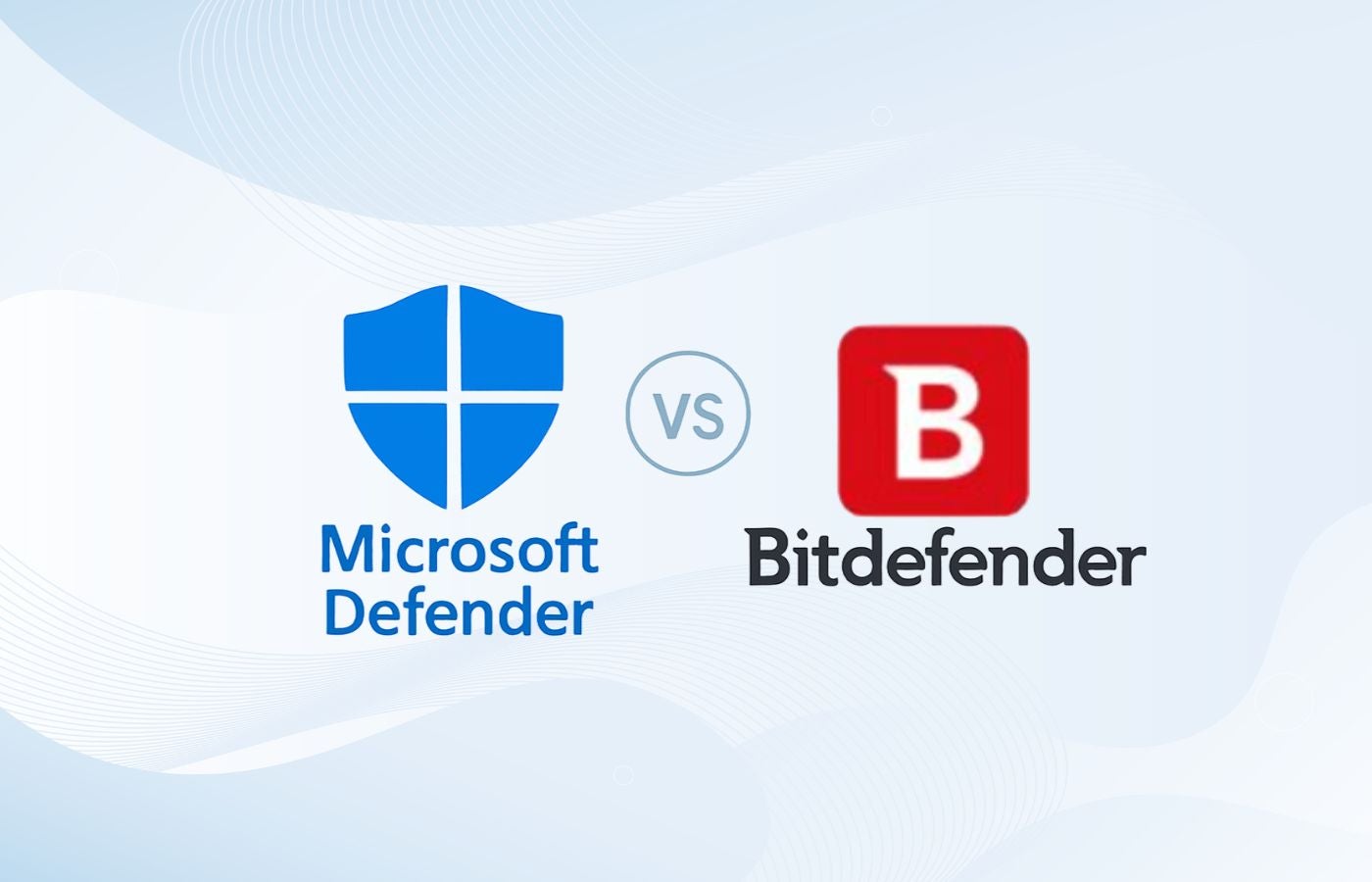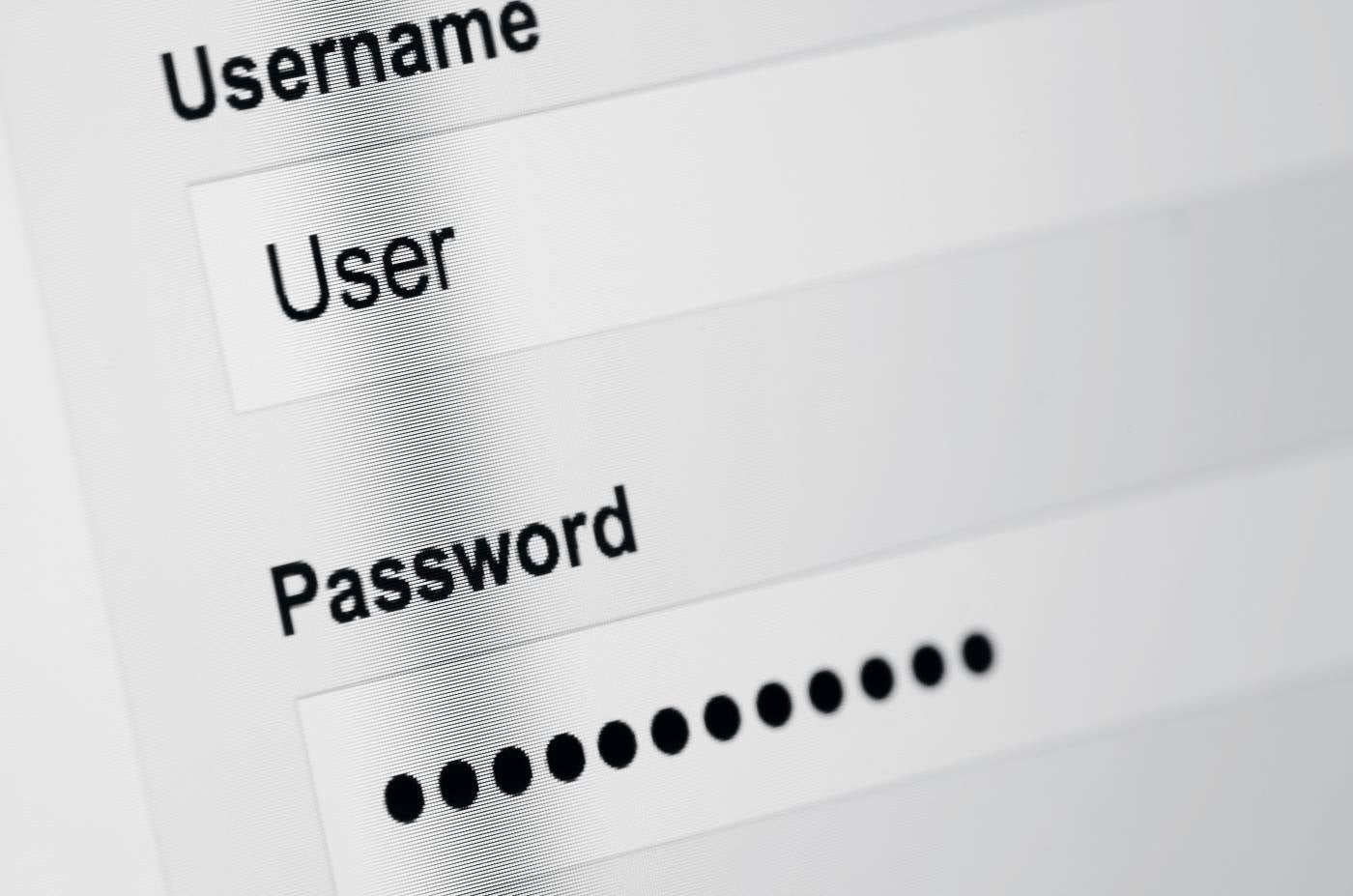A recent survey of 2,056 U.S. consumers found that two-thirds of them see themselves as tech savvy, and 75 percent are concerned about their security and privacy online.
Still, the survey, commissioned by Arbor Networks and conducted by Regina Corso Consulting, also found that 64 percent of respondents (and 71 percent of millennials) said they always consider their information to be safe when they’re on a major retail or social networking website.
The lack of tech savviness goes further — 55 percent of respondents said if they receive an email from someone they know that includes a link, they’ll click on it even if they weren’t expecting anything.
Fifty-five percent of respondents (and 66 percent of millennials) said that if they were hacked, they wouldn’t know what to do.
And 36 percent of respondents (and 50 percent of millennials) said they don’t think twice about sharing their personal information on social media, including addresses, locations, birthdays, kids’ and parents’ names and vacation plans.
Eighty percent of respondents said if the federal government can be hacked, they don’t think they can protect themselves.
Thirty-nine percent of respondents (and 50 percent of millennials) said they don’t worry about being hacked because they don’t think they’re important enough for anyone to care about their information.
At the same time, 36 percent of respondents (and 44 percent of millennials) said they had already been victims of hacking.
“The big takeaway from this survey is that the relentless headlines about cyber attacks have led to anxiety among a vast majority of Americans,” Arbor Networks chief marketing officer Christopher Gaebler said in a statement. “Ironically, this has not driven people to do more to protect themselves online, but quite the contrary. The survey suggested these same people have really poor online security practices — which only makes the attackers’ jobs easier.”
Separately, a recent survey [PDF] of 2,000 adults in the U.S., U.K., Germany, France, New Zealand and Australia found that while 91 percent of respondents said there’s inherent risk in reusing passwords, 61 percent continue to use the same or similar passwords anyway.
The survey, commissioned by LastPass and conducted by Lab42, also found that 47 percent of respondents include family names or initials in their passwords, 42 percent use significant dates or numbers, and 26 percent use the name of the family pet.
“Most users admit to understanding the risks but continue to repeat the behavior despite knowing they’re leaving sensitive information vulnerable to potential hackers,” LastPass vice president and general manager Joe Siegrist said in a statement.
A recent eSecurity Planet article examined the importance of user security training.




